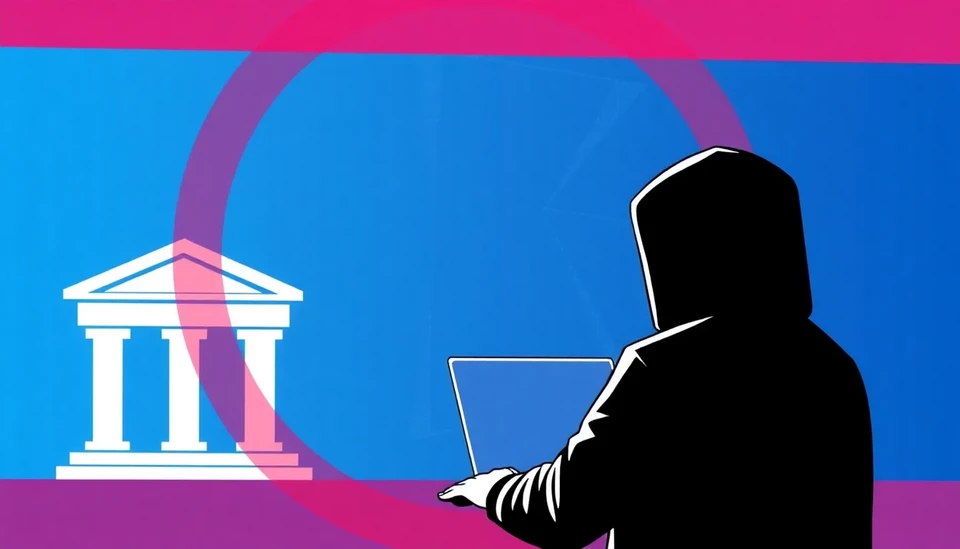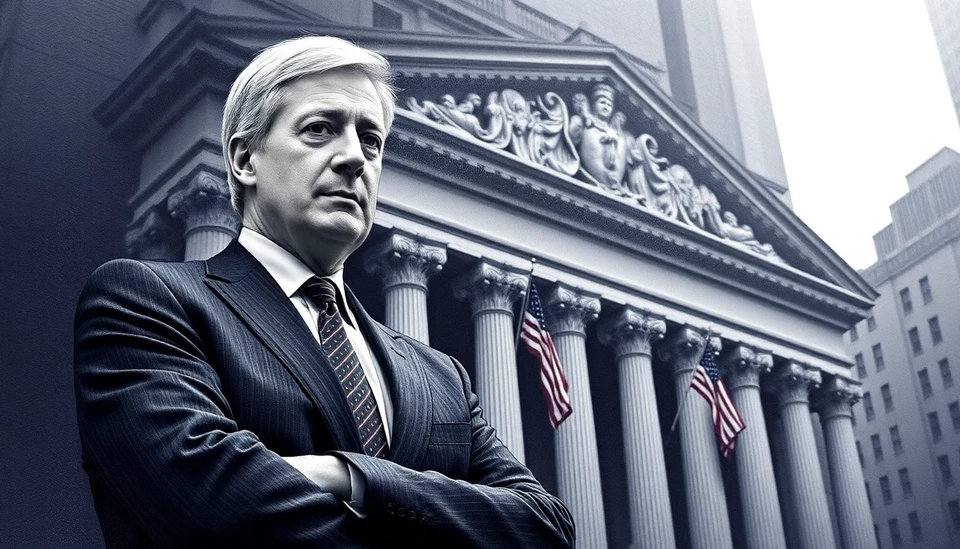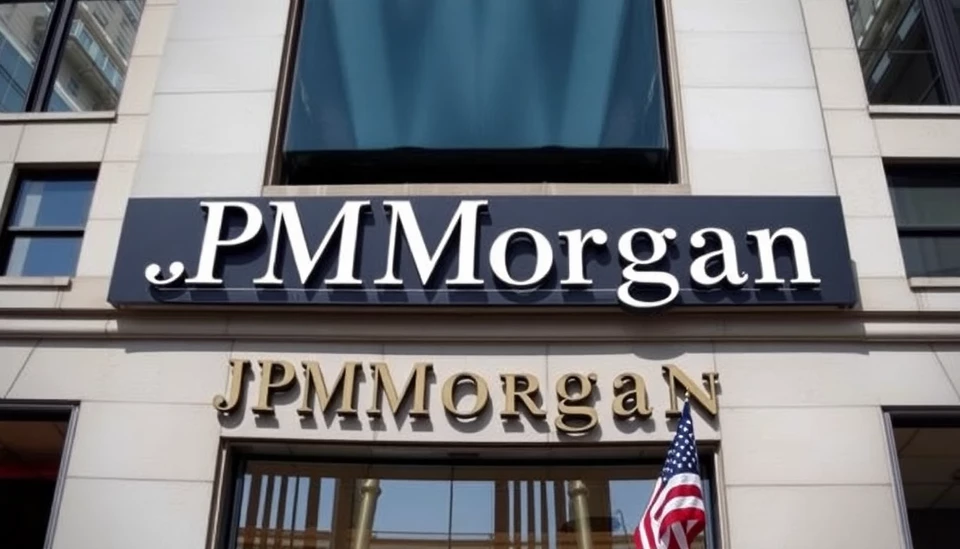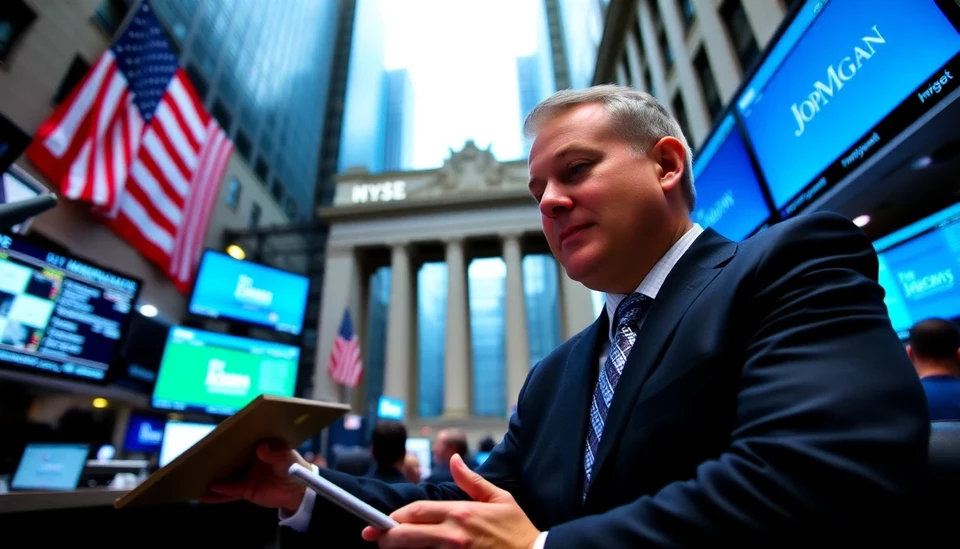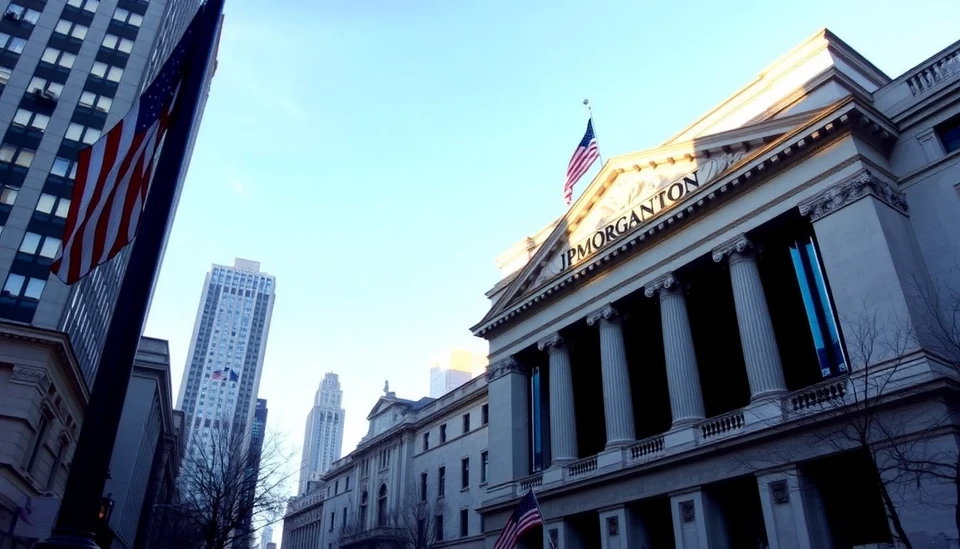
JPMorgan Chase is preparing to confront a significant challenge as the trial concerning the alleged fraud committed by former executive Charles Javice unfolds. The case not only brings to light the complications of a high-stakes merger but also raises critical questions about corporate due diligence and executive responsibility in the finance sector.
At the heart of the controversy is Javice's 2021 acquisition of Frank, a fintech startup aimed at simplifying the college financial aid process. The deal, valued at approximately $175 million, quickly came under scrutiny after accusations that Javice inflated the number of users on Frank’s platform to make the company more attractive to JPMorgan. As the trial kicks off, both sides are preparing to present their arguments regarding the integrity of the acquisition process and the measures taken post-merger to evaluate company performance.
Javice’s lawyers argue she might have been a victim of a grave misunderstanding, claiming that the accusations against her stem from a broader effort by JPMorgan to shift blame for the unfulfilled promises associated with the Frank acquisition. They contend that JPMorgan’s expectations may have been unrealistic, and the subsequent fallout was more a reflection of systemic issues rather than individual wrongdoing.
On the other hand, JPMorgan asserts that Javice knowingly misled the bank about the true size of Frank's customer base, leading to misconceptions that resulted in significant financial losses for the institution. They argue that her actions were not merely negligent but constituted outright fraud, with devastating repercussions for the bank's reputation and finances. The bank is seeking damages that could amount to hundreds of millions of dollars if they prevail in this case.
The implications of the trial extend beyond just the immediate parties involved. The outcome could set a significant precedent for how financial institutions assess the risks associated with fintech acquisitions, especially in an era where digital growth is paramount. Moreover, it raises questions about accountability at senior executive levels and the ethics of business practices in the fast-evolving financial technology landscape.
As the trial progresses, it will be related not only to the specific behaviors of Javice but also to the culture and operations within JPMorgan. Many industry observers are keeping a close eye on the proceedings, eager to discern whether the case will inspire more stringent record-keeping and transparency standards across the sector. The expectations for verifiable data and indices of growth in startup acquisitions may see a transformative shift as institutions brace for potential changes in regulatory norms.
This ongoing legal battle is set to unfold over the coming weeks, captivating finance professionals, legal experts, and the public alike as they await the judge's rulings and witness the presentation of evidence from both sides. The resolution of this case could reshape the landscape of fintech mergers and acquisitions as both the technology and finance worlds seek to navigate the complexities presented by innovation and ethical governance.
In a climate rife with competition and rapid technological advancement, the stakes could not be higher. For investors, stakeholders, and consumers alike, the legal ramifications of this case could echo for years to come.
As the trial gains momentum, the outcome remains uncertain, but it will undoubtedly highlight the intricate balance between innovation and integrity in the finance world.
#JPMorgan #FraudTrial #Fintech #CharlesJavice #CorporateGovernance #LegalBattle #InnovationIntegrity
Author: John Harris

